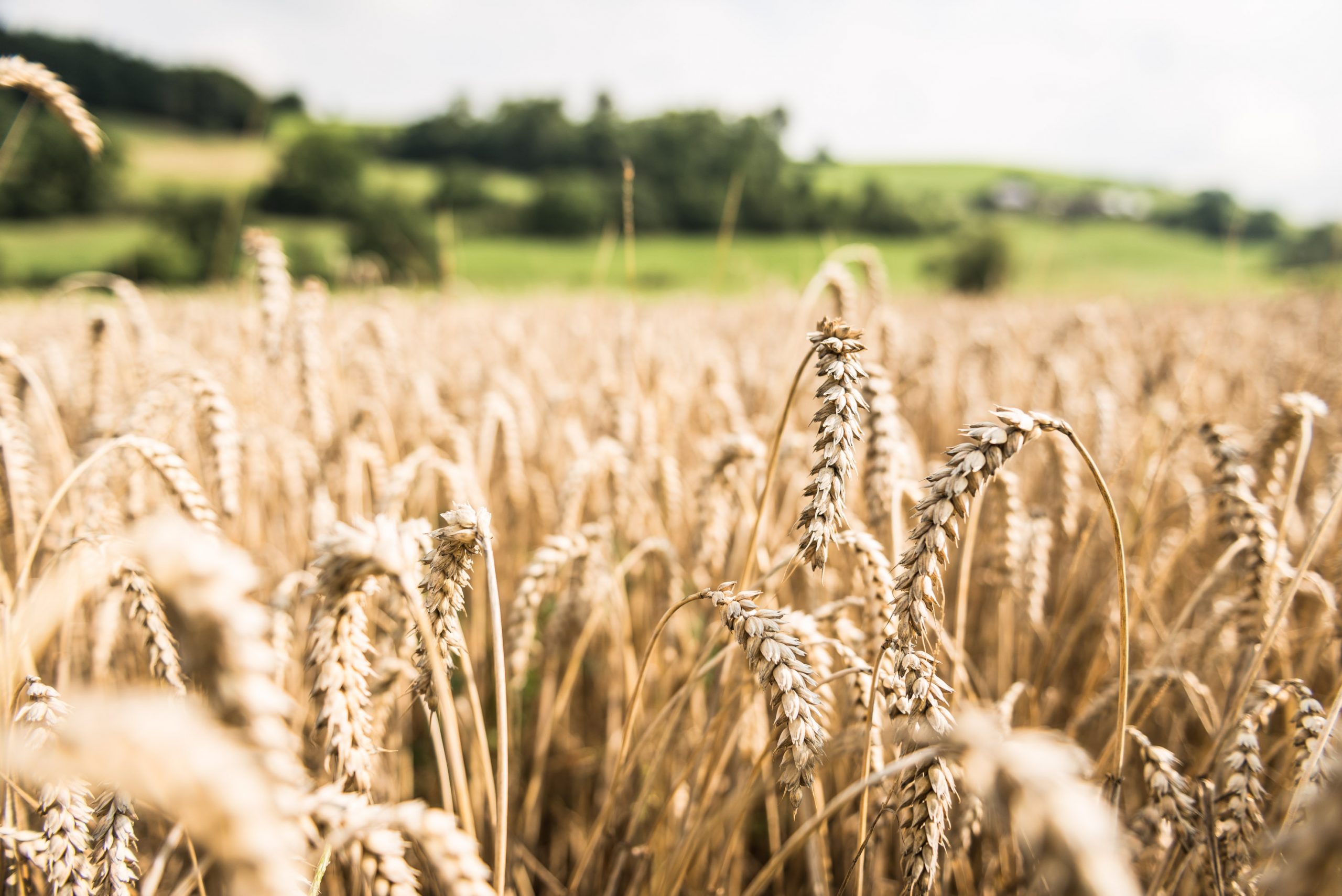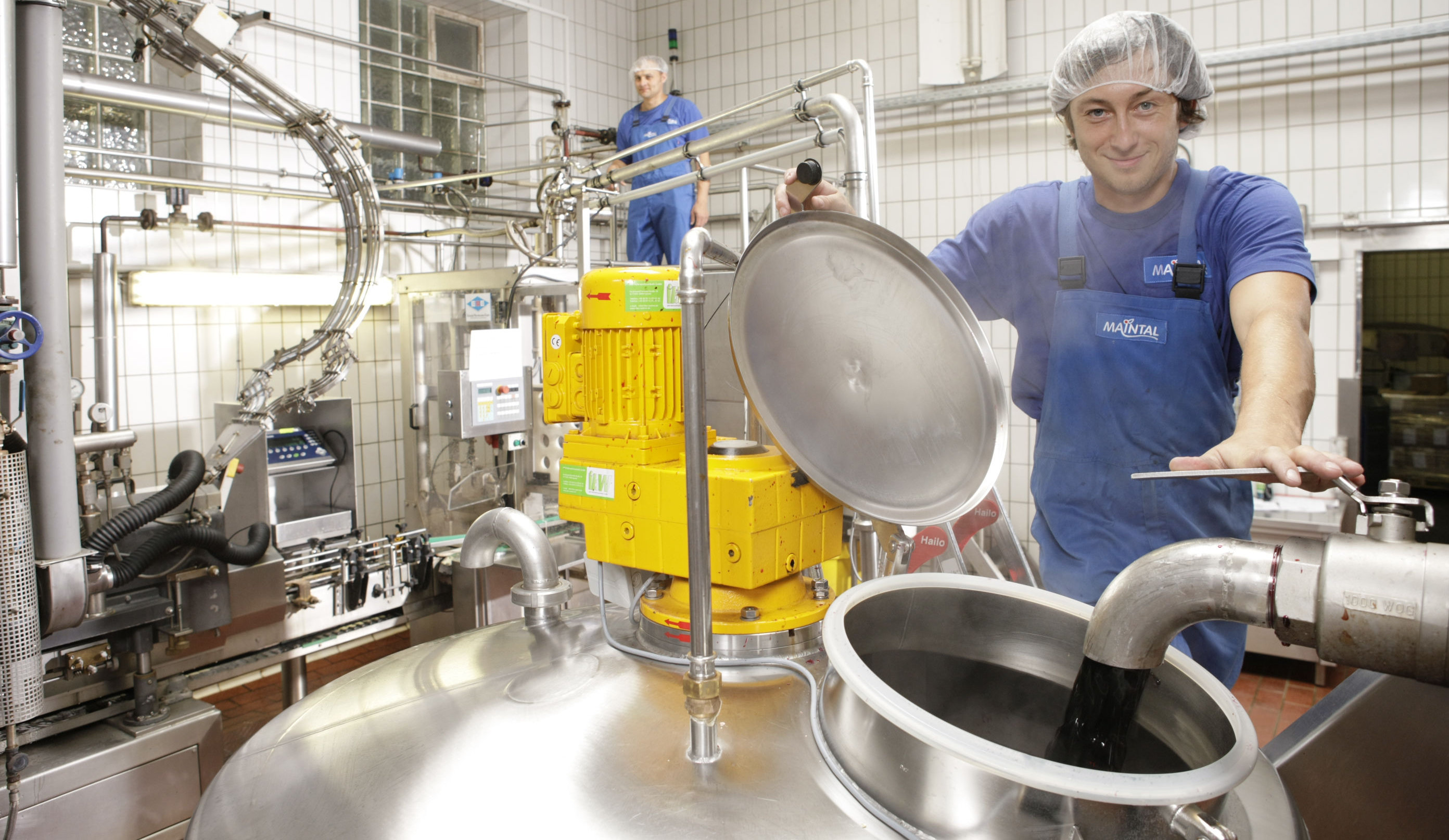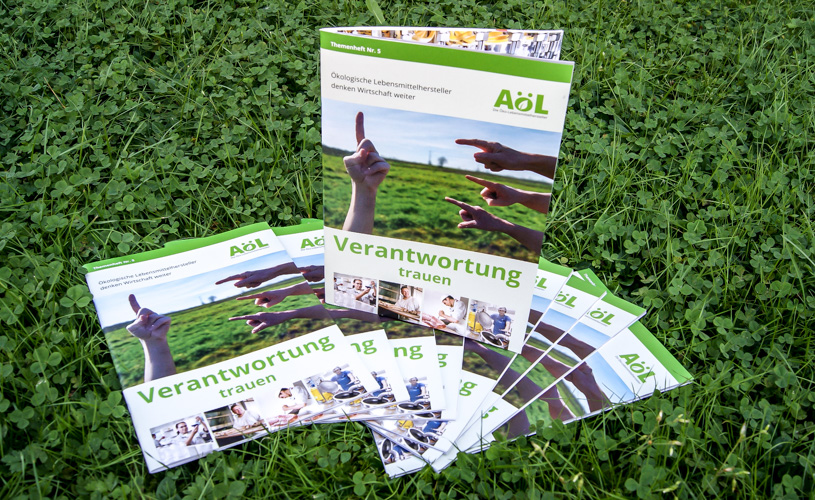
Guidance on quality management: Articles 27 and 28 (2) of the Organic Regulation (EU) 2018/848
The new Organic Regulation clarifies the processes and responsibilities in handling information on possible infringements at company level. Article 27 regulates the handling of all types of possible violations of the organic regulation. Article 28 (2) specifies the presence of products and substances not authorized under the Organic Regulation.
FiBL and BLQ have jointly developed a checklist that shows the procedure to be followed in the event of a suspected violation based on Articles 27 and 28(2) step by step and facilitates direct documentation in the event of a case.
TRACES
A new, updated FAQ document has been published for the TRACES database.
Karanjin residues
Karanjin is a secondary plant compound (flavonoid) that occurs naturally in the seeds of the karanja tree of the genus Pongamia glabra (legume family). This tree grows wild in southern India. The extract from its seeds (karanjin oil) is used in traditional folk medicine for pharmaceutical purposes but can also be used as an insecticide and an acaricide.
DEET and Icaridin residues
According to information from laboratories and the Chemical and Veterinary Investigation Office (CVUA) Stuttgart [1], the repellents DEET(diethyltoluamide) and Icaridin, such as, e.g., in insect repellents, are detected as residues in plant-based food, such as wild mush-rooms, in fruit, flower, and herbal infusions, in green and black tea, as well as in berries and leafy vegetables. In that, the raw goods can come from all origins.
AöL information about residues of phosphonate and fosetyl-aluminium in organic food
During investigations, including by the Chemical & Veterinary Investigation Office in Stuttgart (CVUA Stuttgart) [1], residues of fosetyl-al (a substance comprising fosetyl and phosphonic acid commonly known as Fosetyl) was detected in various organic foods from a variety of countries of origin.
Ethylene oxide and 2-chloroethanol residues
Since 22/10/2020, alert messages on findings of ethylene oxidein sesame seeds from India have accumulated in the European Rapid Alert System for Food and Feed (RASFF).
Initial comments to the Code of Conduct for Responsible Business and Marketing Practices
AöL welcomes the presented targets proposed in the Concept note for a Code of Conduct for responsible business and marketing practices asked for in the farm to fork strategy.
Chlorate / Perchlorate – residues
Association of Ecological Food Producers (AöL) – Information for Members Version dated 06/07/2020
In investigations, among others by the Chemisches und Veterinäruntersuchungsamt Stuttgart (CVUA Stuttgart), residues of chlorate and perchlorate were found in various organic foods from different countries of origin.
Pyrrolizidine alkaloids (PA) – residues
AöL– Information for Members Version dated 15/07/2020
Pyrrolizidine alkaloids (PA) are natural toxins that many plants produce as a defence mechanism against insect herbivores. The decomposition products in the liver are a health risk for people and animals. To date, the presence of PA has been verified in more than 350 types of plant.
The instructions for handling cases of non-compliance with the organic regulation stipulate that the primary responsibility for assessing suspected cases lies with the companies concerned. The new organic law increases the responsibility of companies for such procedures and clarifies the division of responsibilities between control bodies / government authorities and companies (...)
Our "Themenhefte"
Our Themenhefte are some kind of dossiers from our association. The members are writing about their visions of food processing, about responsibility and a different kind of economy.
Because of that, the Themenheft is an important contribution to the discussions about the future of organic. You can read it here in German.








